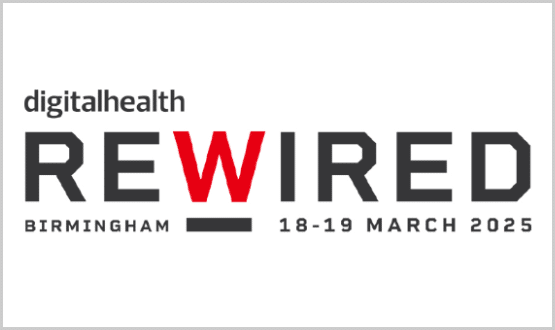How one trust used an SME for a single sign-on solution
- 19 October 2021

The chief digital and innovation officer at the Royal National Orthopaedic Hospital NHS Trust said she “put my money where my mouth is” and selected a small and medium-sized enterprise (SME) to design and implement a brand new single sign-on and patient context solution.
Speaking to Digital Health News, Dr Saroj Patel, explained how the trust was prompted to look for a new single sign-on and patient context solution after their current product was discontinued.
Single sign-on is a solution which authenticates users for multiple applications and reduces the number of times a staff member needs to log-on. While patient context allows clinicians to access multiple applications without losing the information about the patient.
“We’ve had a single sign on with a patient context management system for a very long time (about seven or eight years) and the product we bought at that time has gone through multiple ownerships which means the market can consolidate and in this case, it meant our product was stopped,” she said.
“So we would have lost our patient context if we had continued with that particular product, which meant we had to go out to market to find another one – one which does single sign on and patient context, but I don’t think there are many products in the market that do this.
“We went out to procurement and we got one supplier that did it, a new start up called IAMRecognised and we have been working with them to implement a new solution.”
The Covid-19 pandemic delayed the project by about a year, with the solution officially rolled out in May 2021.
When asked about why the trust, which also penned a deal with Interneuron CIC to develop an open source clinical data platform in 2019, decided to go with IAMRecognised, Dr Patel said she wanted to help boost the reputation of SMEs.
“There is too much dominance of big companies in the market and there is a lot of talk about encouraging SMEs and we need people to actually do it,” she explained.
“So I decided to put my money where my mouth is.”
Benefits of the solution, according to Dr Patel include an easy rollout, value for money and the option to expand the technology.
Perhaps most importantly, however, the technology can help cut down on clinical errors.
“There are still many organisations that have multiple sign-ons for clinicians which is time consuming and it can cause mistakes as it encourages people to share passwords or write them down,” Dr Patel told Digital Health News.
“So, single sign-on helps the clinician focus on doing their work, its secure and its easy for them to use
“The job of technology is to facilitate clinicians work – not get in the way and I think this is a product which helps them to do that.”





1 Comments
It is great to see Dr Patel selecting an SME. Too many times SMEs are overlooked simply because it is easier to go with a big brand, whilst the offer and service from an SME can be often more agile, bespoke and open to collaborative approach. In terms of risk taking, there are a number of ways to ascertain that a supplier is credible- standards, passing the CCS checks/frameworks, assessments such as ORCHA. And customer testimonials- hearing first hand what it is really like to work with them as a supplier.
Comments are closed.